Recovery Roadblocks and Challenges
LA Wildfire Victims Hesitate to Rebuild
The January 2025 wildfires in Los Angeles have led to unprecedented destruction, with over 17,000 structures obliterated. Thousands of residents are displaced, and more than 40,000 acres are charred.
Property losses are estimated at around $28 billion, plunging the city’s infrastructure and community fabric into turmoil. These fires have further aggravated Los Angeles’ already severe housing crisis, making recovery immensely challenging for many. Many regions are experiencing significant declines in home prices and housing affordability, impacting both homebuyers and the broader community’s ability to rebuild.
One major hurdle to recovery is the significant financial barriers faced by homeowners. Despite having insurance, many families find it overwhelming to bridge the financial gap required for rebuilding.
Insurance payouts often fall short, leaving individuals with substantial out-of-pocket expenses. The slow pace of the permitting process adds another layer of difficulty, as very few permits have been issued months after the disaster.
The financial strain accrues, delaying rebuilding timelines and affecting affordability. Besides financial barriers, toxic contaminants pose a considerable challenge to safe rebuilding practices.
The lands where homes once stood are contaminated with hazardous materials like asbestos and lead. This contamination raises substantial health concerns and complicates debris removal, a crucial precursor to rebuilding.
Consequently, homeowners face the formidable task of navigating the complexities of hazardous waste removal. This challenge further stalls the path toward recovery. The wildfires have had a profound impact on water restoration efforts, but 100% restoration has been achieved in all affected water systems.
The wildfires have economic repercussions beyond individual homeowners, affecting the broader community. Considerable job losses have been reported, placing immense strain on the local economy.
Supply chain issues and labor shortages also delay construction and inflate rebuilding costs. Stabilizing the property insurance market is essential, as its instability could leave many without adequate coverage.
To combat these challenges, an all-encompassing roadmap called Project Recovery has been developed to accelerate rehabilitation.
However, execution is hindered by bureaucratic delays and slow government support introductions. Community rebuilding authorities have been proposed to streamline coordination across affected areas.
These measures require urgent activation to effect real change. Environmental concerns continue to loom, influencing the hesitancy of wildfire victims to rebuild.
The fires have altered the land significantly, raising concerns about safe and sustainable rebuilding practices. Advocates stress the importance of integrating climate adaptation strategies and using sustainable materials.
This is vital to prevent future disasters, yet the path forward remains complex. Securing recovery funding and enhancing government assistance programs are paramount.
These efforts are essential in ensuring a steady progression from devastation to restoration. Involving the private sector alongside governmental efforts will be crucial in meeting the vast demands of reconstruction.
As Los Angeles aims for recovery, overcoming these multifaceted challenges is vital for rebuilding both homes and hope.
Assessment
In the face of relentless adversity, rebuilding efforts for wildfire victims in Los Angeles remain stalled.
Cautiously evaluating their future, residents encounter a labyrinth of bureaucratic delays. Skyrocketing material costs and tenuous insurance claims add to their challenges.
These obstacles fuel hesitancy. They cast a shadow over once vibrant communities.
Without decisive intervention and streamlined processes, the path to recovery is marred by uncertainty.
Stakeholders must urgently collaborate. There’s a need to clear these hurdles.
Providing a beacon of hope for displaced families seeking stability is crucial.
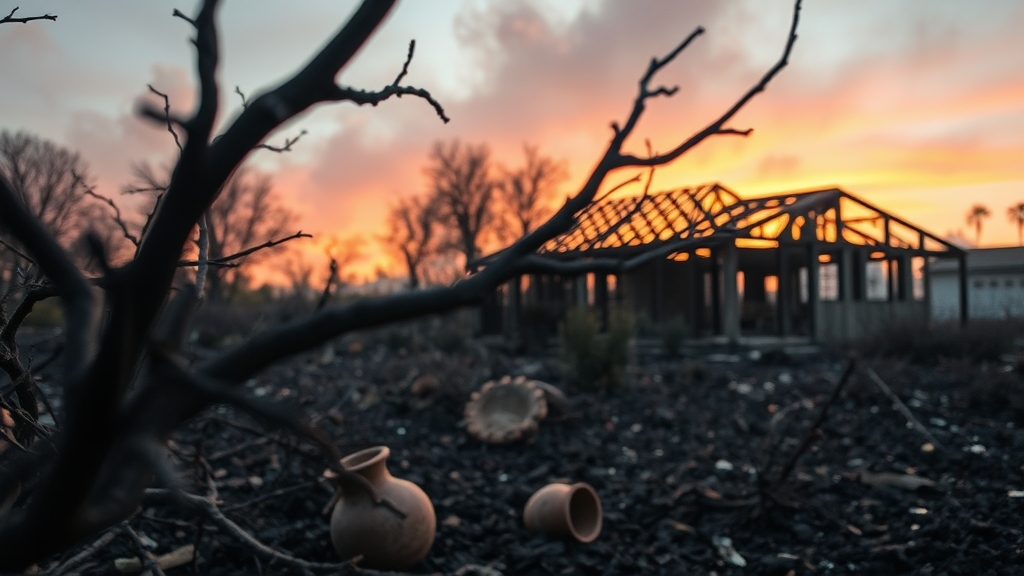



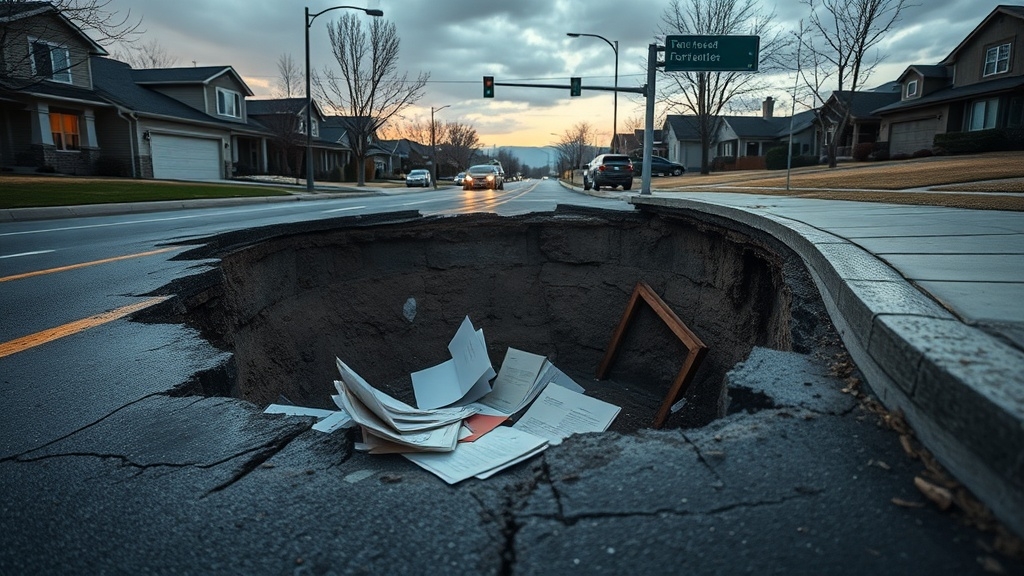
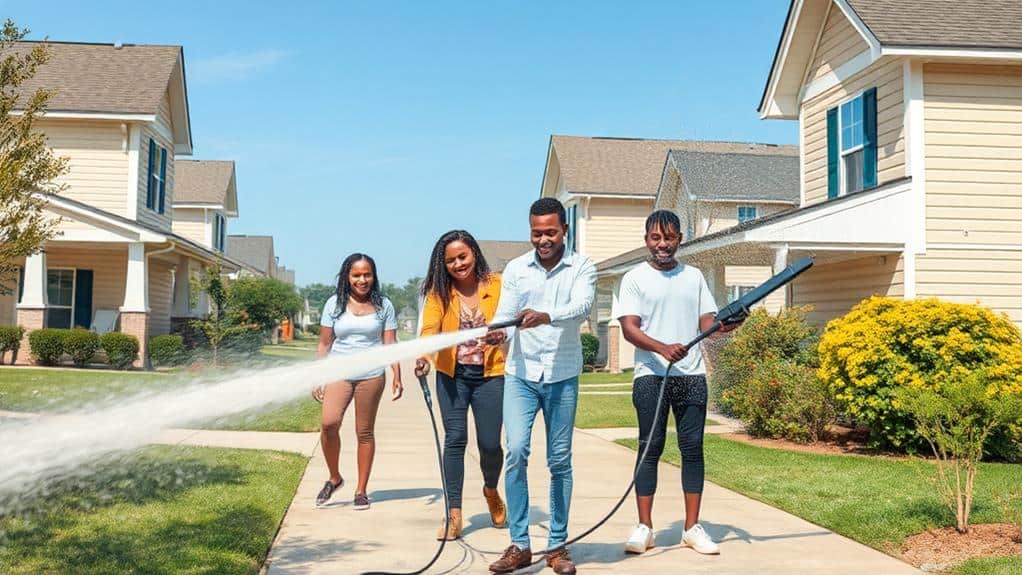
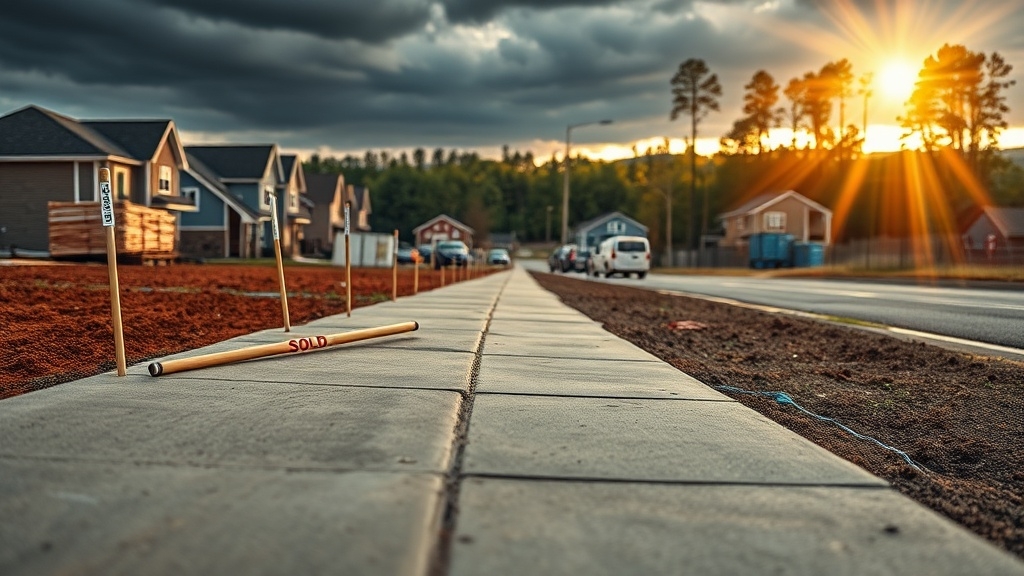
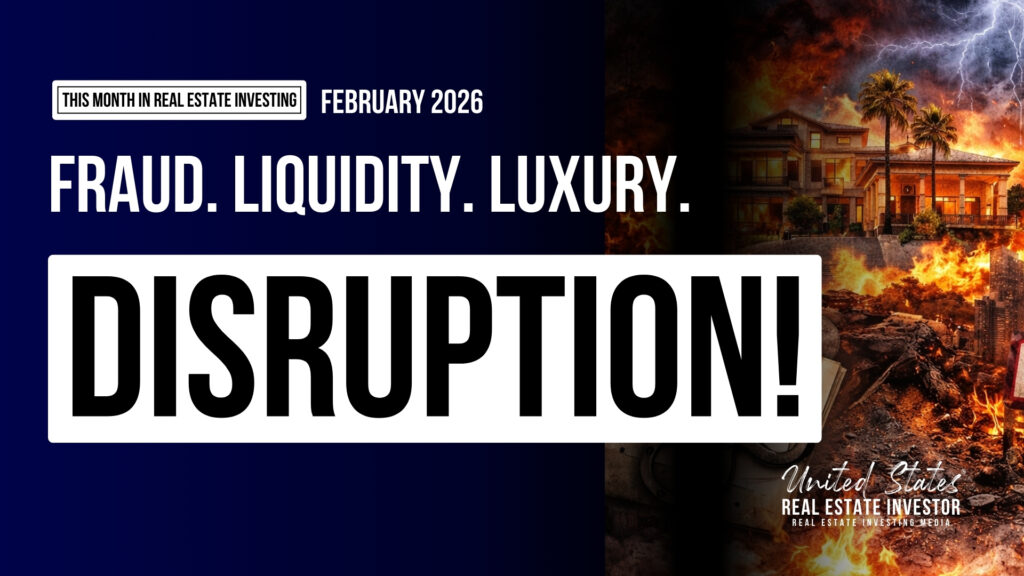


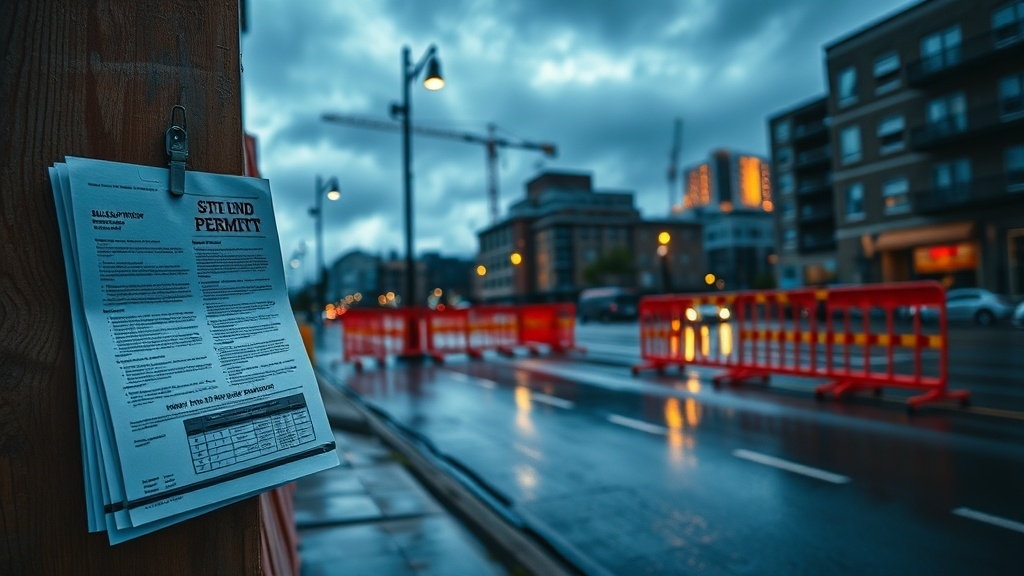


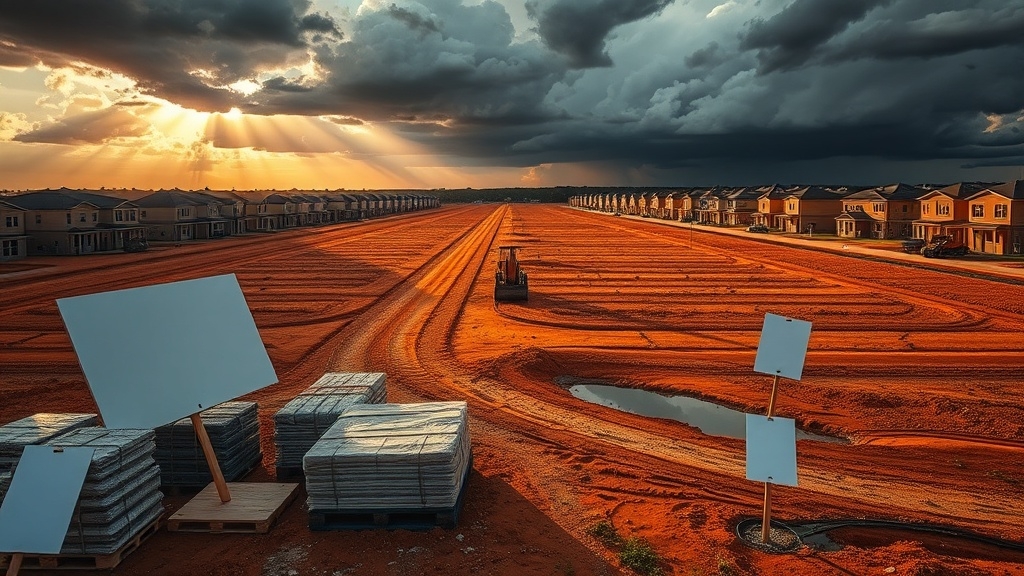
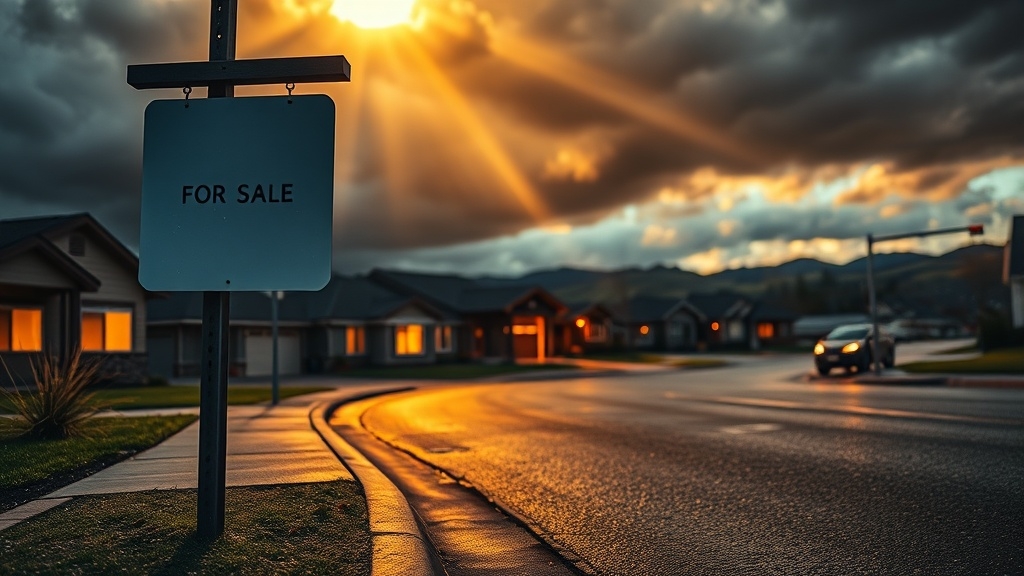
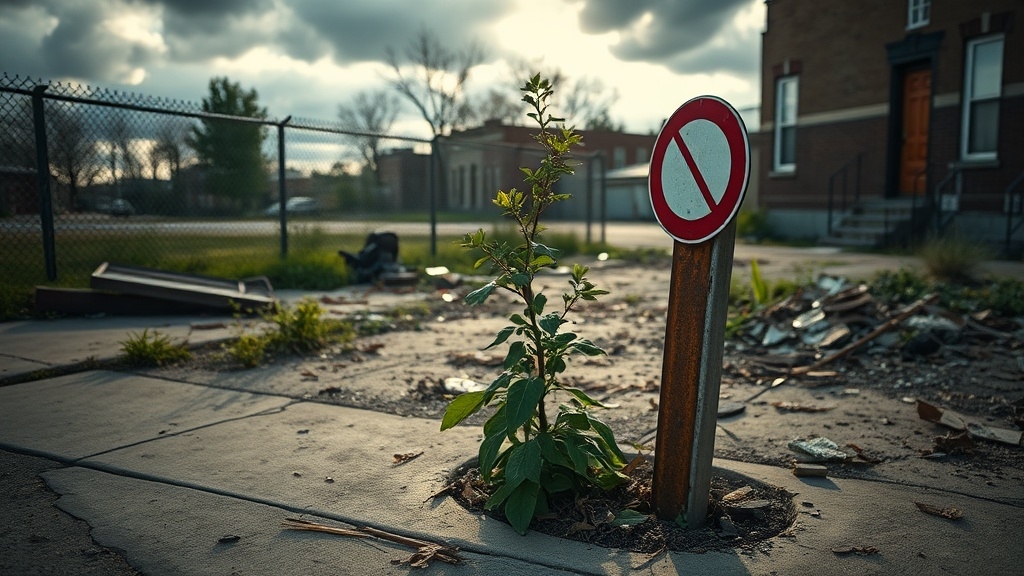
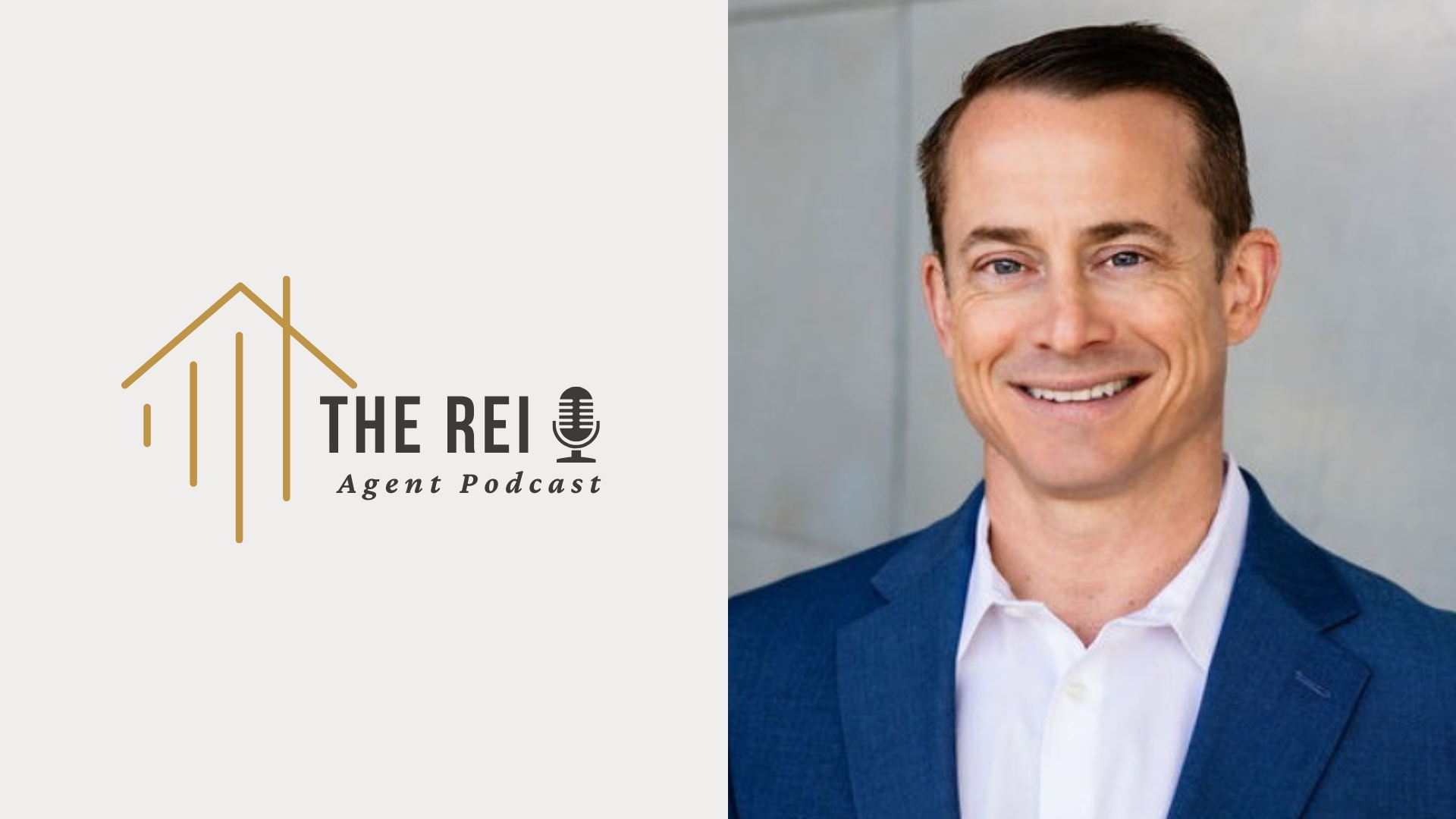
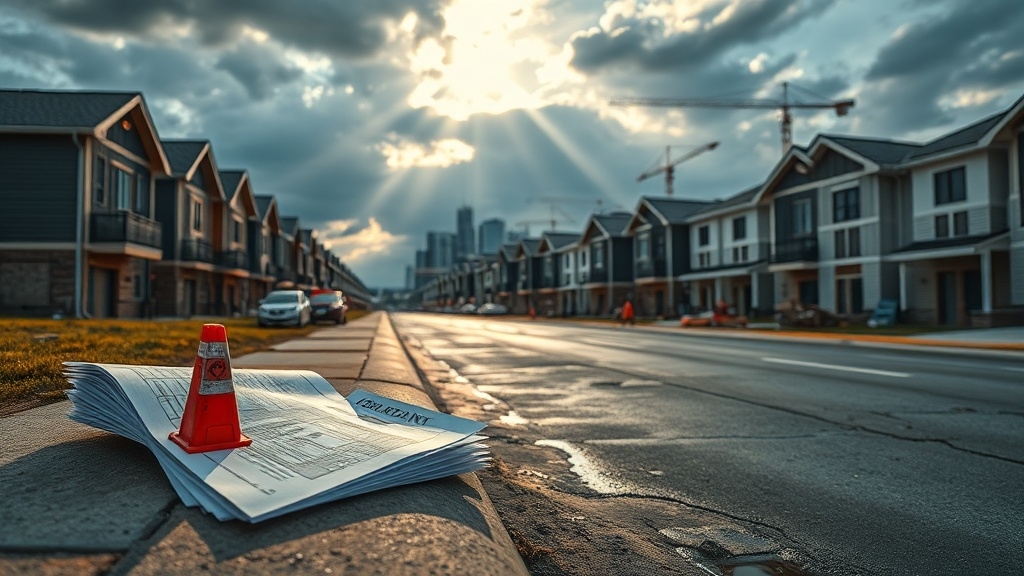


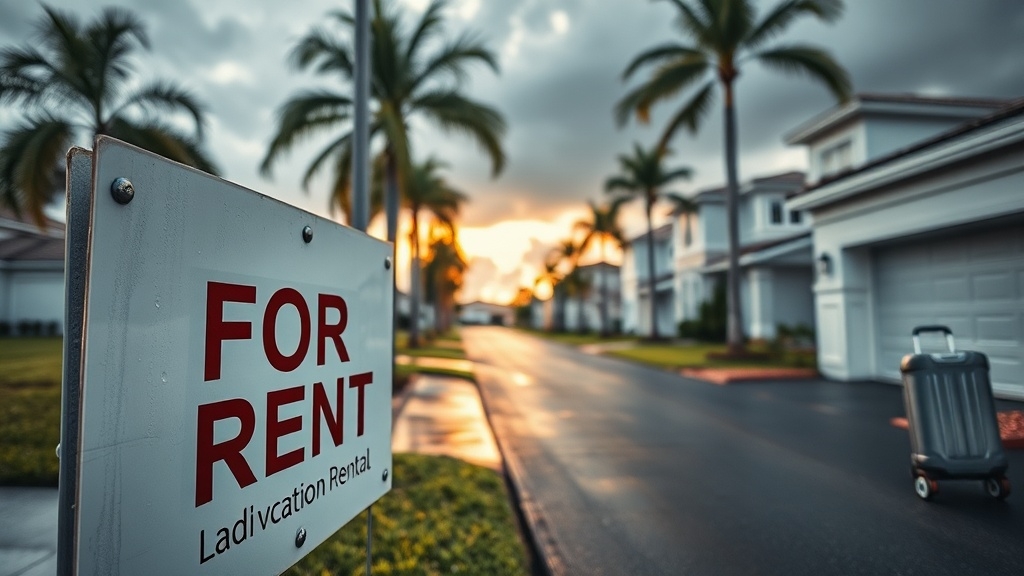
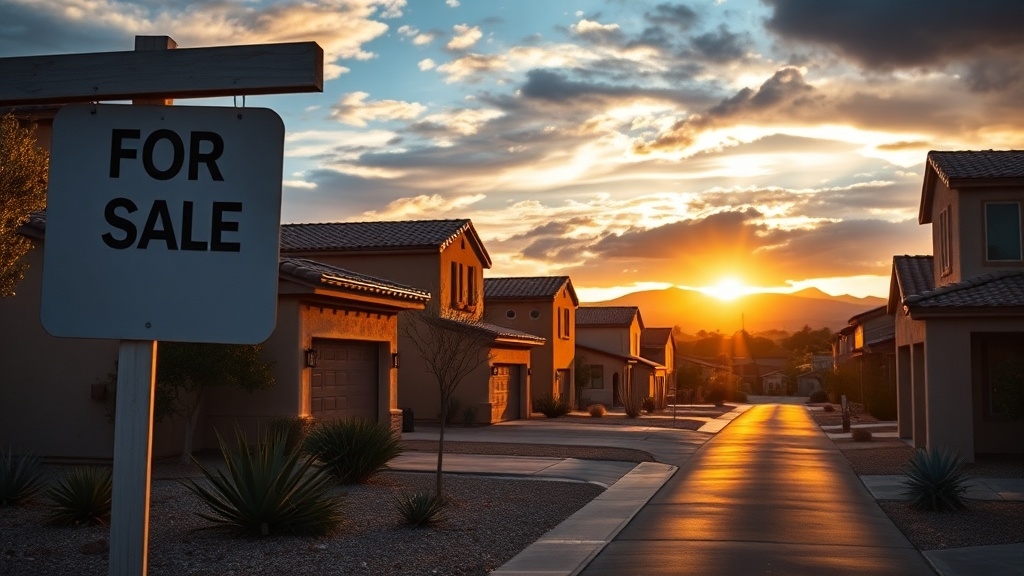


6 Responses
Interesting read, but isnt it smarter to just relocate instead of rebuilding in a wildfire-prone area? Just my two cents.
I get the hesitation, but isnt it time we rethink living in wildfire-prone areas? Save money & lives. Change is hard but necessary, folks!
So we should just abandon home and heritage because of natural disasters? Simplistic thinking.
Is anyone considering that maybe LA wildfires are natures way of saying we shouldnt be building here in the first place? Just a thought guys.
So, why dont these wildfire victims move elsewhere instead of rebuilding? Is nostalgia worth the constant risk and slow recovery? Just wondering.
Ever tried uprooting your entire life? Its not as simple as packing a suitcase.